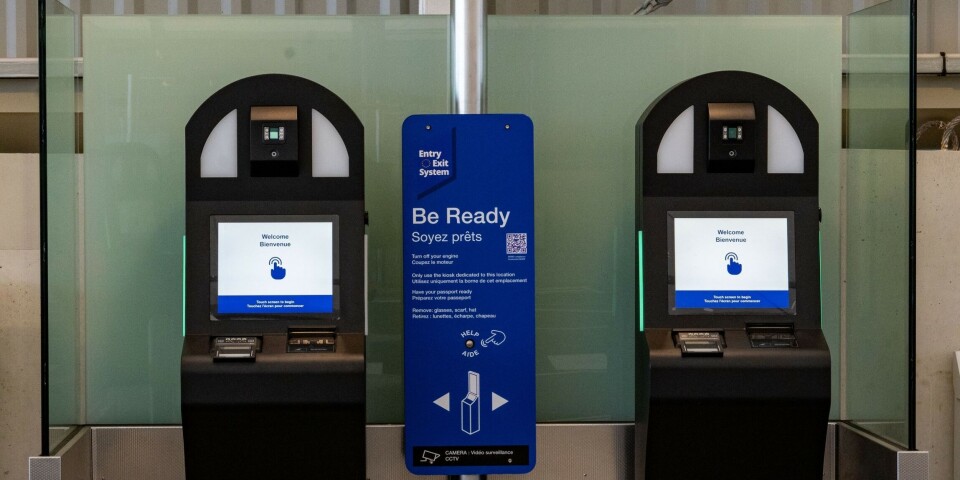-
Map: check the quality of your tap water in France
We explain how to use the free and interactive online tool
-
Electric bike success in Toulouse
The city has extended its self-service network to surrounding areas
-
Bin charges soar in many areas of France
One commune has seen fees rise by 90% in five years
Tourists in France 'swimming in a plastic soup'
Figures show French fail to recycle more than half the 25million plastic bottles they use every day, as WWF France releases report that says tourists at the Mediterranean are swimming in a 'plastic soup'

The French, one of the world's top five consumers of bottled water, recycle just 49% of the 25million plastic bottles they use every day, it has been revealed on the day a report says that tourists flocking to the Mediterranean coast this summer will be swimming in a plastic soup.
The statistic was revealed as a WWF France called on European governments, businesses and citizens to do more to protect the environment from plastic waste, as it released a report rrevealing that the 200m tourists flocking to Mediterranean destinations - including resorts in the south of France - this summer will swim in a sea heavily polluted by plastic material.
The WWF said that the Mediterranean contains 1.25million plastic fragments per kilometre squared. The waters off the south coast of France contain 7% of all microplastics found in the world's oceans, but represent just 1% of the world's seas.
Plastic can take up to 50 years to degrade, with serious consequences for marine life. In April, a whale was stranded on a Spanish beach. It had 9m of fishing line and two flower pots in its stomach.
Microplastics are also found in mussels, crabs and fish, which are subsequently eaten by humans. According to the WWF report, an average European shellfish consumer could ingest up to 11,000 pieces of plastic per year.
The association believes "that it is possible to clean and protect the sea". It advocates the signing of a legally binding international agreement, a ban on single-use plastics and measures to encourage companies to invest in environmentally friendly innovation.
Stay informed:
Sign up to our free weekly e-newsletter
Subscribe to access all our online articles and receive our printed monthly newspaper The Connexion at your home. News analysis, features and practical help for English-speakers in France
























